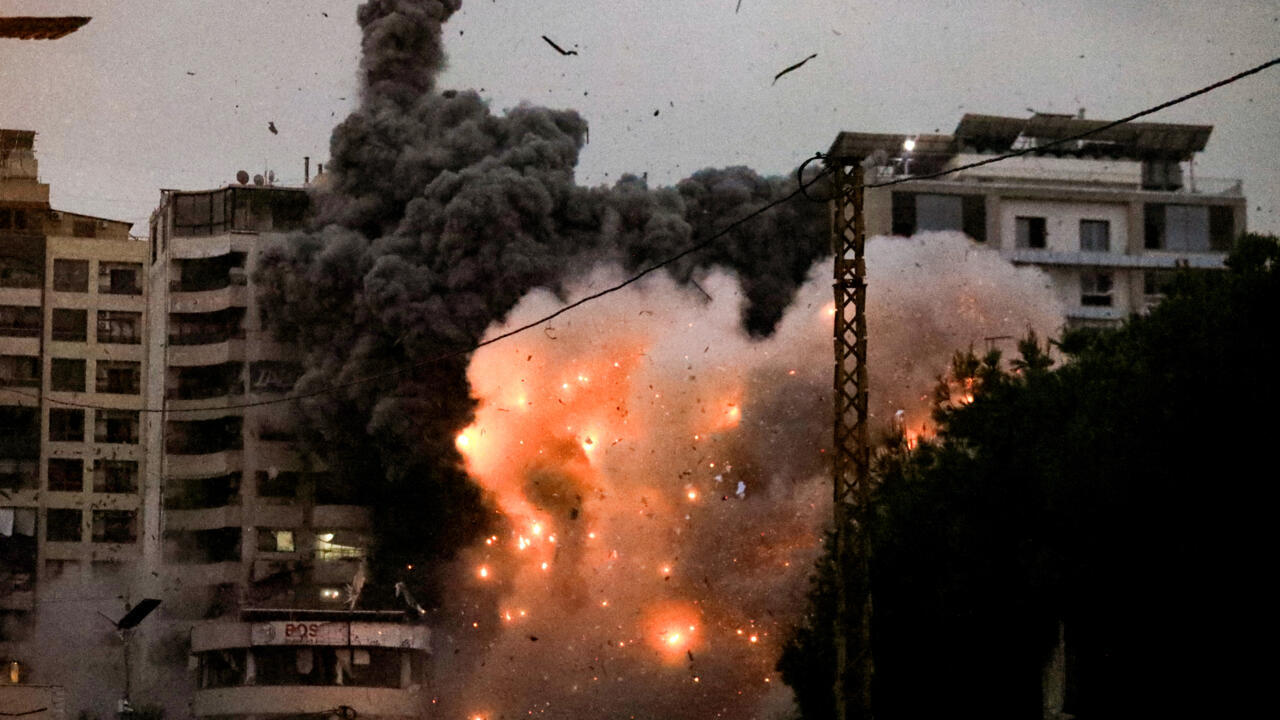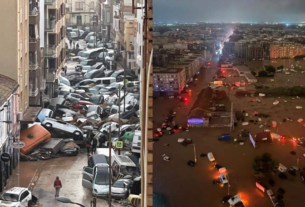WASHINGTON/BEIRUT/JERUSALEM – A ceasefire between Israel and Hezbollah, brokered by the United States and France, came into effect at 0200 GMT on Wednesday, following months of intense conflict along the Israeli-Lebanese border. U.S. President Joe Biden announced the agreement after securing commitments from Israeli Prime Minister Benjamin Netanyahu and Lebanon’s caretaker Prime Minister Najib Mikati.
The ceasefire aims to bring an end to a conflict that has claimed thousands of lives, with its roots traced back to the Gaza war last year. However, moments after the ceasefire was implemented, gunfire echoed across Beirut. While the cause of the gunfire remains unclear, it is suspected to be either celebratory or a means to alert residents who may have missed evacuation warnings from the Israeli military.
Evacuations and Hopeful Returns
Witnesses reported streams of cars heading toward southern Lebanon early Wednesday, as displaced residents cautiously began returning home. “God willing, we can go back to our homes and our land,” said Alia Ibrahim, a mother from Qaaqaiyat al-Snawbar, who fled to Beirut three months ago.
Terms of the Ceasefire
Under the agreement, Israel will gradually withdraw its forces over the next 60 days, with Lebanon deploying at least 5,000 troops near the border to prevent Hezbollah from reestablishing its military infrastructure. President Biden emphasized that the truce is designed to be permanent, stating, “What is left of Hezbollah and other terrorist organizations will not be allowed to threaten the security of Israel again.”
Netanyahu echoed Biden’s resolve, warning that any violation by Hezbollah would result in a “decisive” military response. “We retain full military freedom of action,” he said, adding that the ceasefire would allow Israel to focus on broader regional threats, particularly from Iran.
Hezbollah’s Response and Regional Reactions
While Hezbollah has not issued a formal statement, senior official Hassan Fadlallah indicated that the group supports extending Lebanon’s state authority in the south. However, he warned that Hezbollah’s resistance would continue to grow stronger. “Thousands will join the resistance,” Fadlallah declared, dismissing any notion of disarmament.
French President Emmanuel Macron hailed the ceasefire as the result of months of diplomatic efforts in collaboration with both Israeli and Lebanese authorities. Lebanon’s Foreign Minister Abdallah Bou Habib confirmed that the Lebanese army is prepared to enforce the agreement with significant troop deployments.
Mixed Reactions and Concerns
Public opinion on the ceasefire remains divided. A poll by Israel’s Channel 12 TV found 37% of Israelis in favor of the truce, while 32% opposed it. Critics, including opposition leaders and northern border community heads, argue that a buffer zone on the Lebanese side is necessary for long-term security. Israeli Security Minister Itamar Ben-Gvir voiced skepticism, saying, “The Lebanese army cannot overcome Hezbollah. We need our own security belt.”
In contrast, the Lebanese government and Hezbollah have emphasized the importance of civilian resettlement in southern Lebanon, making it a central element of the truce.
Ongoing Vigilance
Despite the ceasefire, tensions remain high. Both the U.S. and France, along with the UNIFIL peacekeeping force, will monitor compliance. Deputy National Security Adviser Jon Finer stressed that vigilance will be critical in ensuring the agreement holds.
As the region watches closely, the ceasefire offers a fragile hope for peace, but the path forward remains uncertain.
NEWS SOURCES,
ARY NEWS, CNN, BBC NEWS, GEO NEWS , DAWN NEWS





